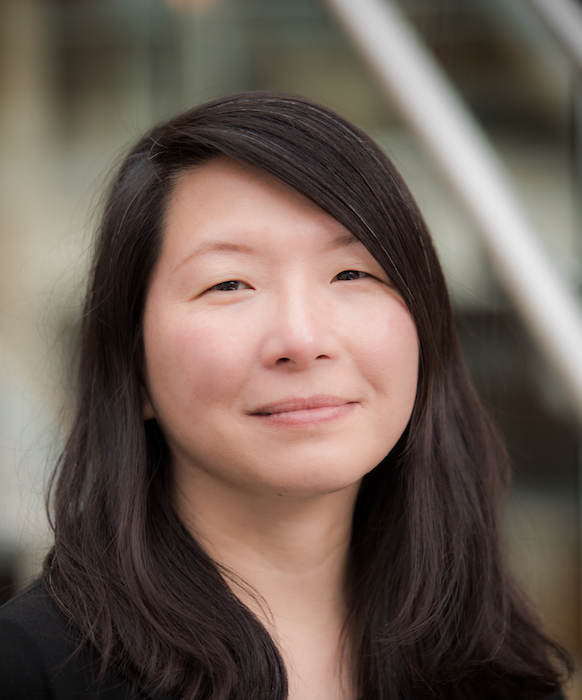
The next lecture of the 2019 OLLI/Winter Lecture Series is on Sunday, March 3, 7 p.m., at the Unitarian Church, 6300 A Street. Nan Kim, associate professor of History at the University of Wisconsin–Milwaukee, will be the speaker. The event is free and open to the public.
Following a year of dramatic change in relations between North Korea and both South Korea and the U.S., this talk explores the cultural dimensions of the still unresolved Korean War as well as recent attempts to overcome nearly 70 years of hostility and to establish a lasting peace on the peninsula.
To help explain what has enabled the rapid pace of such developments particularly between the two Koreas, this presentation revisits an earlier transformative period surrounding the first Inter-Korean Summit in the early summer of 2000. Two months after that first-ever meeting between the two Korean heads of state, a series of emotionally charged events would emerge at the center of efforts for reconciliation. In August of that year, hundreds of elderly war survivors traveled across the 38th parallel to meet with family members in dramatic “reunions” after having lost all contact for more than half a century since the 1950-1953 Korean War.
While those events involved civilian crossings of the inter-Korean divide in the then largest numbers to date, the reunions also signified figurative crossings from death to life. The family members who returned from the other side during the reunions had gone missing during the war and had long been assumed to have perished in the war’s destruction. As their once-impossible reappearances occurred at the cusp of the millennium amid unprecedented breakthroughs in the Korean peace process, these meetings would suddenly bring public attention to how countless war deaths could never be properly mourned due to the tremendous scale of wartime devastation and the entrenchment of national division. How did the resurfacing of those who had long been mourned as war dead open a space for reckoning more broadly with the Korean War’s abiding impact on the lives of ordinary people?
This presentation considers the enduring impact of such cultural and personal war legacies to better understand the current inter-Korean atmosphere of warming ties.